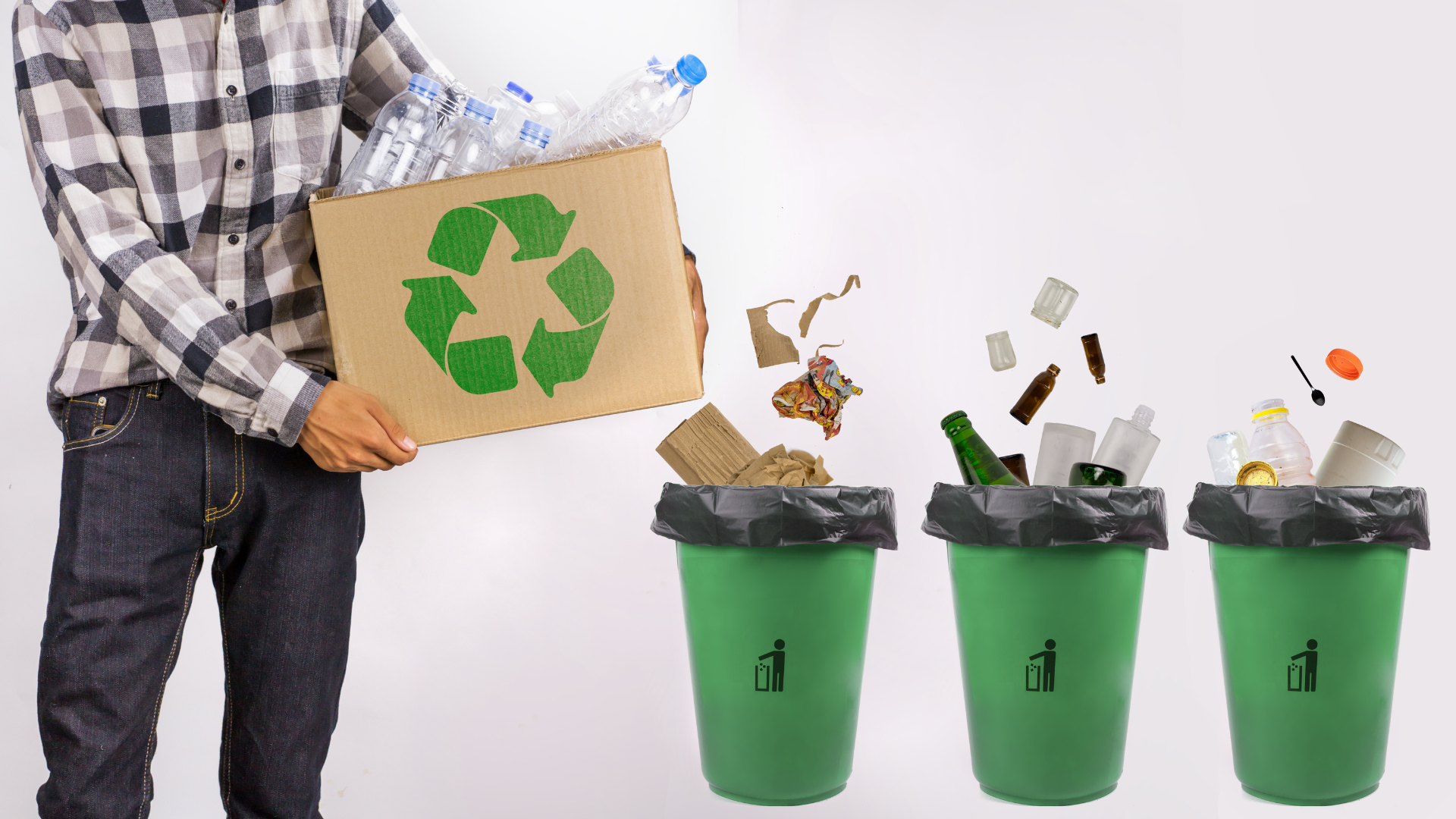
How Zero Waste Is Good for the Environment and Your Well-Being
Zero waste is the idea that we can reduce the amount of waste we generate and reuse as much of what we throw away as possible. It’s the idea that we do not need to throw away so much and that waste prevention is policy, not charity. It’s living without excess and helping to create a healthy environment for ourselves, our families, and our communities. It’s working with what we already have instead of buying more and throwing away what we don’t need or want.
Global warming is a serious issue, and it doesn’t look like it’s going to go away anytime soon. We’re not talking about the gradual warming of the earth caused by the accumulation of greenhouse gases, either; we’re talking about “the other kind of global warming” caused by short-term temperature changes. You probably aren’t imagining things if you’ve noticed a few unusually cold winter days where you live recently. So, what can you do about it? One thing you can do is take small steps to reduce your environmental impact. We have the power to reduce our waste by choosing to purchase products with minimal packaging, opting for reusable items, and properly disposing of waste with the help of a reputed roll off dumpster rentals. In addition to that, we may also have the power to recycle, compost, and reduce our consumption of single-use plastics.
What Is Zero Waste?
The concept of zero waste revolves around minimizing waste generation, reusing and repurposing existing materials, and maximizing recycling efforts. At the core of the zero waste philosophy are the 5 Rs: Reduce, Reuse, Recycle, and variations like Regulation, Recovery, Rot, and Repair, all of which play important roles in waste management.
Numerous industries are embracing the zero waste movement and adopting strategies to reduce their environmental footprint. Take the fashion industry, for instance, which has been notorious for its waste production. However, some companies are now employing innovative techniques to transform textile scraps into new garments or accessories, contributing to a more sustainable and circular economy.
Similarly, in sectors like healthcare, companies such as those managing medical waste delaware are assisting hospitals in responsibly disposing of their waste. By implementing effective waste management practices, these companies help reduce the environmental impact of medical waste while promoting sustainability within the healthcare industry.
Environmental Advantages of Zero Waste
We all know the health risks of plastic in our drinks, on our plates, and even in our poop. But what most people don’t know is that we also produce tons of plastic every day, most of which goes unrecycled. Understanding the impact of plastic waste is crucial for addressing environmental concerns. That’s why incorporating zero-waste solutions in our everyday life is important. You can avoid the use of single-use plastics like bags and straws. Instead, you can embrace reusable products including, water bottles, cups, and utensils. To look for more sustainable options, you can explore various environmental books and websites like those of Seed & Sprout founder Sophie Kovic. These sources can help you to stay informed about sustainable approaches and provide a comprehensive understanding of the best eco-friendly choices for daily life.
Consider this list of advantages of zero waste:
You have the ability to reduce your carbon footprint.
Going green isn’t hard, and it doesn’t have to be expensive considering that most of the choices are like one-time investments. We all know that whenever you go to a fast-food restaurant, most of your food comes in packaging that ends up polluting the environment. Metal straws and other reusable utensils have been produced for decades and they’re not hard to find. For example, you may discover a lot of options for reusable tumblers online from a store such as www.kplaceshop.com or similar ones. They’re compatible for both hot and cold drinks, and they can fit in your purse or even the console of your vehicle. By keeping your own set of tools handy you can reduce your carbon footprint, reduce your waste, and reduce your trash by making just a few small changes.
You become more conscious of what you eat.
Zero waste means that you avoid products, packaging, and trash that are produced or imported in large amounts but which unnecessarily end up in landfills or incinerators. By reducing waste, you also reduce the negative impact of materials on the environment as a whole. The less trash you produce, the fewer trash producers need to make. The less plastic, metal, and other materials they need to make, the fewer resources they need, and more of the materials can be reused or recycled.
You can contribute to resource conservation.
Perhaps most importantly, zero waste aids in resource conservation. The current rate of consumption is more than people can sustainably replenish. Our planet does not have an infinite supply of resources. While there are renewable energy, raw materials, and other resources, regeneration takes time.
Zero waste, as defined by Waste Free Living, is a lifestyle that focuses on reducing, reusing, and recycling. This lifestyle can seem overwhelming for some people, but it doesn’t have to be as difficult as it seems.
Zero waste is a way of living. It’s a way of eating, a way of shopping, a way of using, a way of prioritizing, and a way of saving. It promotes mindfulness, creativity, empowerment, and generosity. It’s an approach to life that places value on human experience and, ultimately, on human relationships.

Comments (0)